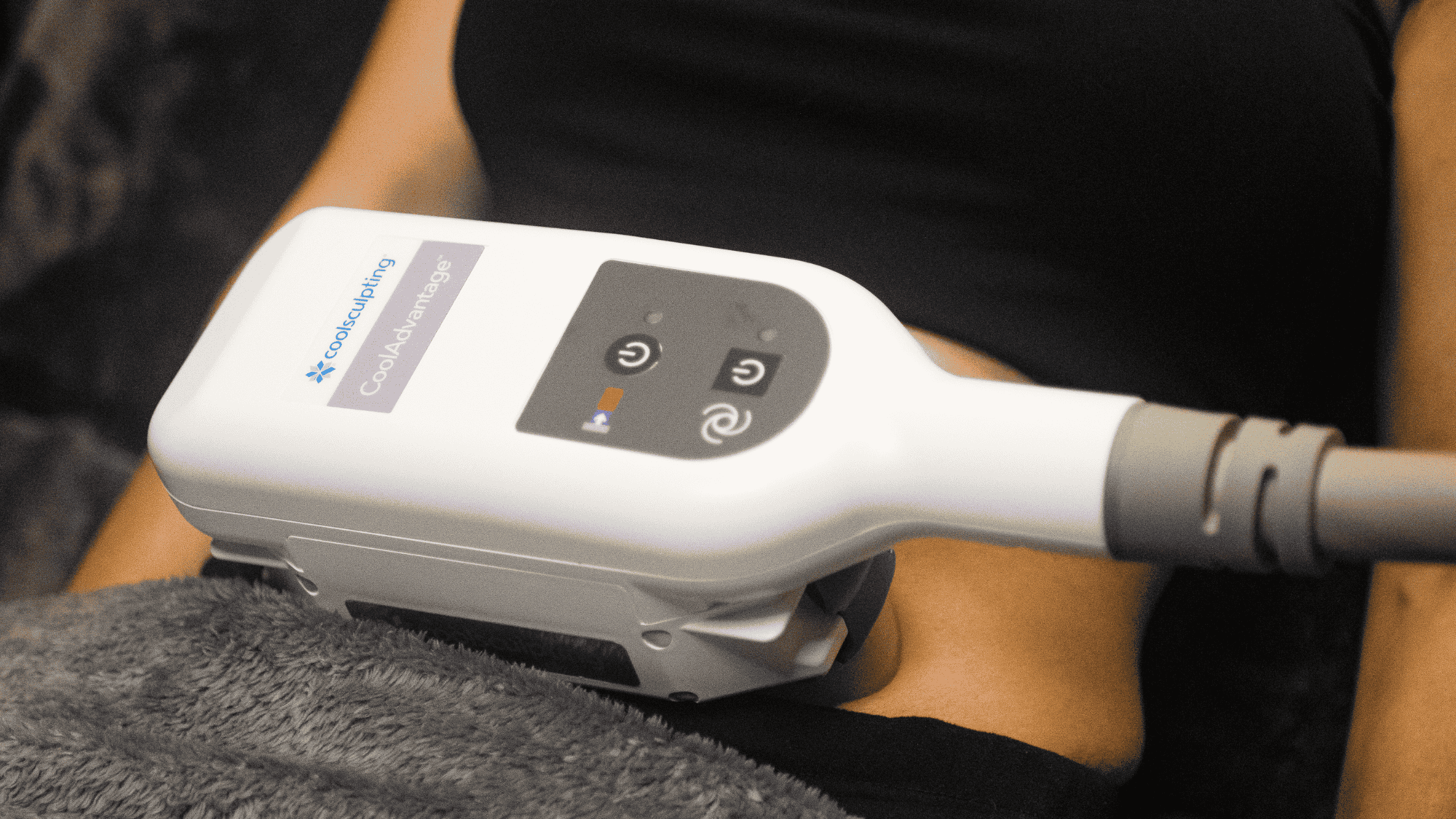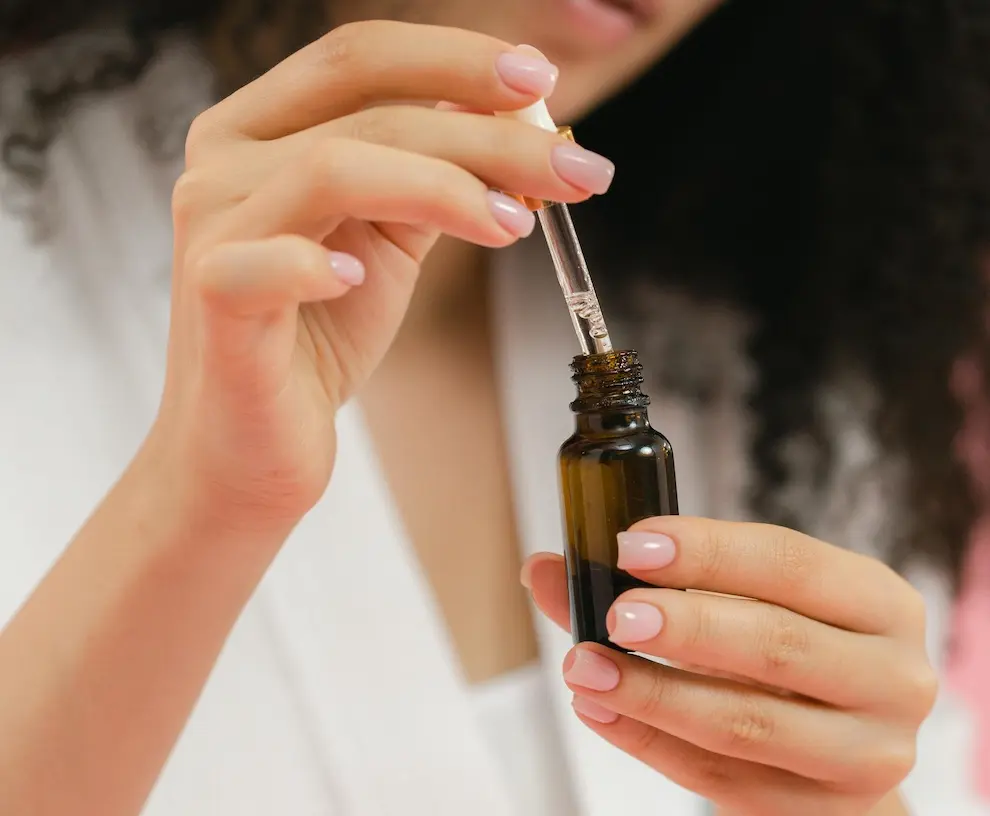Hormone replacement therapy (HRT) can be a complicated topic.
As a provider of testosterone replacement therapy (TRT) for men, we want to address a common misconception: that TRT and blood clots are connected. This concern can deter some men from seeking out TRT, and thus, missing out on a much-needed treatment.
Trust us when we say that the truth is not as scary as the rumor.
The Myth: TRT and Blood Clots
Many people assume that elevated levels of hematocrit (HCT) and/or hemoglobin (HGB) put them at a higher risk for blood clots. On a small scale, this is true.
If you have a specific disease or condition that predisposes you to blood clots, then elevated HCT or HGB levels may indeed increase your risk. However, for most healthy individuals, an isolated increase in HCT or HGB is not enough to cause blood clots.
The Truth: TRT and Blood Clots
While TRT can cause elevated levels of HCT and/or HGB, that does not mean that blood clots will occur. In fact, there are many normal reasons why someone might experience elevated levels of these markers.
Let’s break down a few…
Living at High Altitude
People who live at high altitudes live in an environment with less oxygen. Their body increases those red blood cells to compensate for the lower oxygen level. This is a normal adaptation to the environment and is not an indication that they’re at higher risk for blood clots.
COPD (Lifelong Smokers)
People who have chronic obstructive pulmonary disease (COPD), often caused by lifelong smoking, have reduced oxygen due to damage in their lungs. Their body also compensates by increasing HGB and HCT. Again, this is a normal adaptation to a pathological condition and does not cause blood clots in healthy individuals.
Normal White Blood Cells and Platelets
If the white blood cells and platelets are normal, an isolated, elevated HGB and HCT will not cause blood clots. In fact, many athletes who engage in high-intensity exercise may also have temporarily elevated levels of HCT and HGB, which does not put them at risk for blood clots.
HRT-Related Elevation
Lastly, hormone replacement therapy could cause elevated HGB or HCT as well. While it is true that TRT can cause an increase in HCT and HGB, this is not inherently dangerous.
If you are considering hormone replacement therapy but struggling with concerns related to TRT and blood clots, we hope this clears things up! TRT is a safe and effective treatment for men who are experiencing low testosterone levels. If you have any questions or would like to discuss TRT further, please don’t hesitate to contact our team of professionals. We are always here to help.





